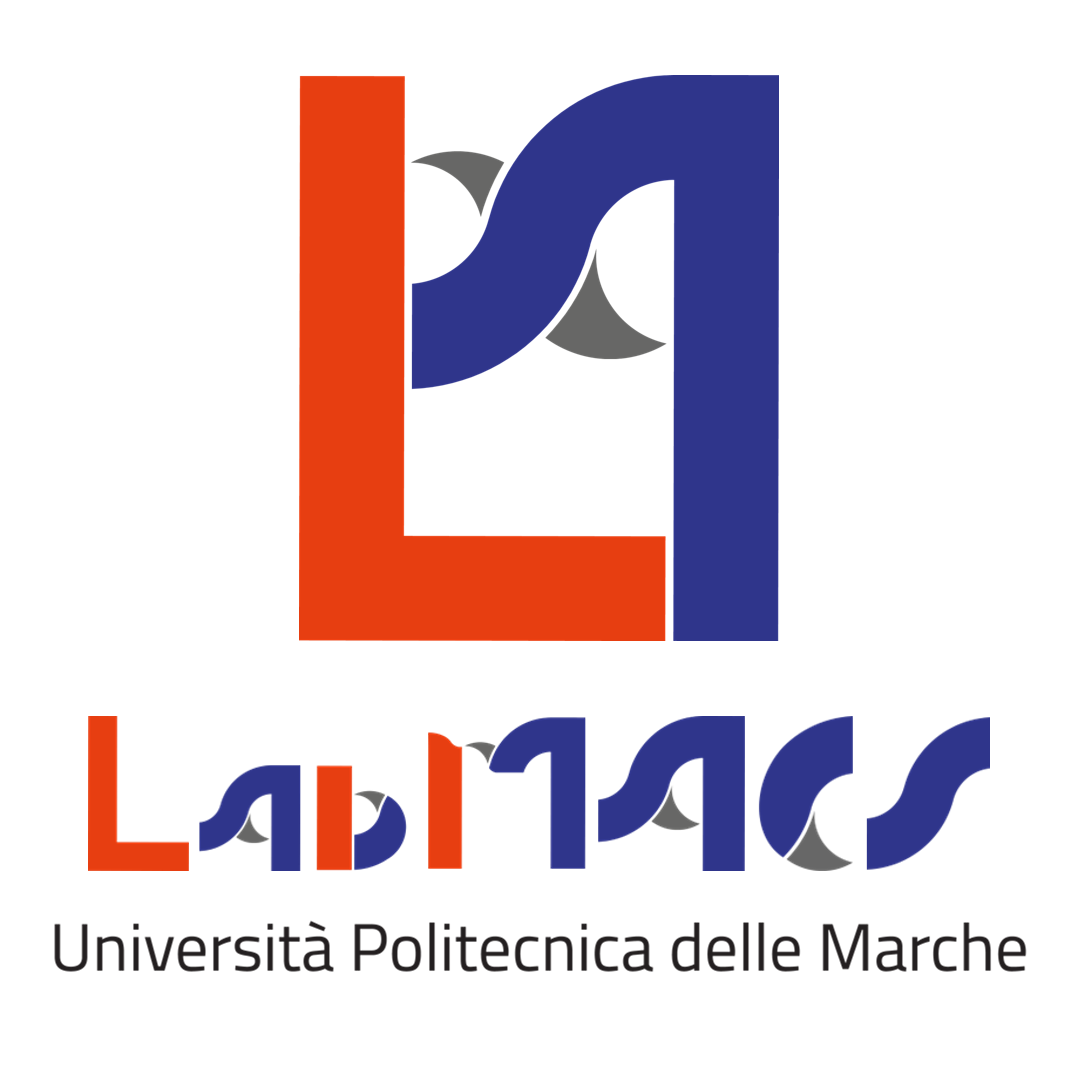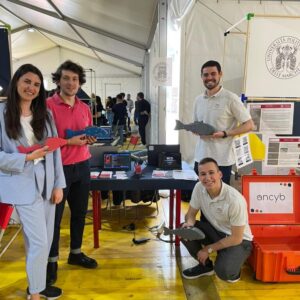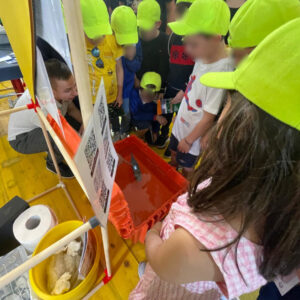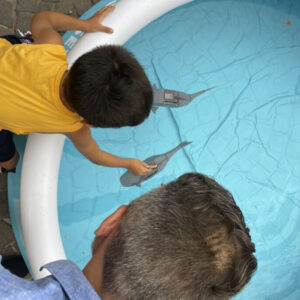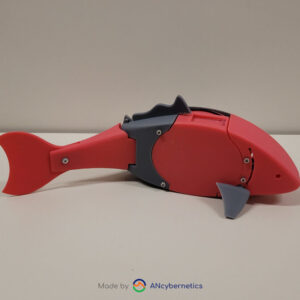LABMACS is actively engaged in the field of Educational Robotics, using robotics as a tool for educational purposes. This may involve developing and implementing robotics programs aimed at enhancing learning experiences, particularly in the context of STEM education.
Educational Robotics Toolkits
As part of its research, LabMACS develops educational robotic toolkits according to the school level and specific needs of the primary and secondary schools. The toolkits are designed to facilitate hands-on learning experiences, allowing students to construct and program robots as a means of gaining practical insights into robotics concepts. These kits aim to engage students in do-it-yourself robotics projects, fostering a deeper understanding of robotics principles through practical application.
Educational Assessment Methods
In the context of educational robotics, LABMACS develops and implements assessment methods to evaluate the impact of robotics programs on learning outcomes. This includes assessing students’ problem-solving abilities, collaborative skills, and understanding of STEM concepts in the context of robotics. Additionally, LABMACS adopts a holistic approach to assessment by collecting valuable data through surveys and feedback at different stages of the educational process. This method allows for a nuanced evaluation of the participants’ experiences, incorporating their perspectives and insights into the overall assessment framework.
